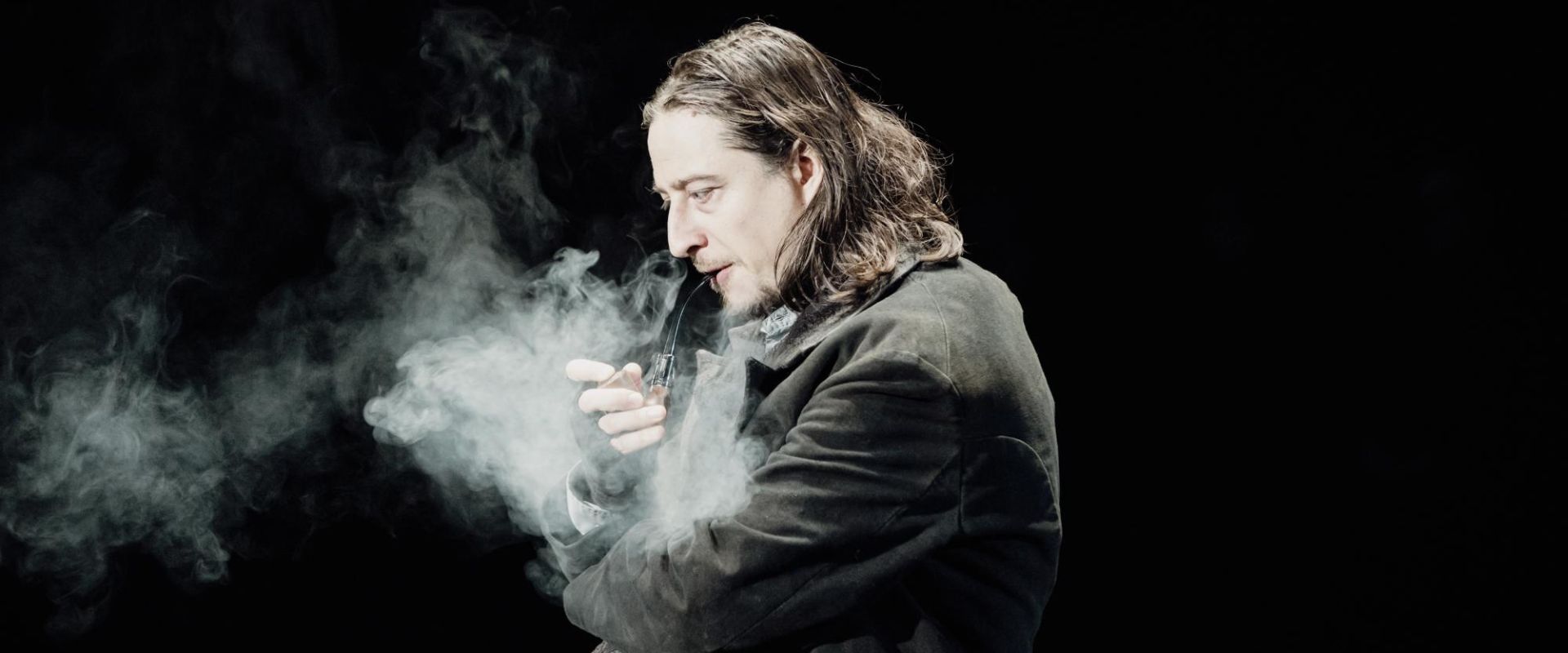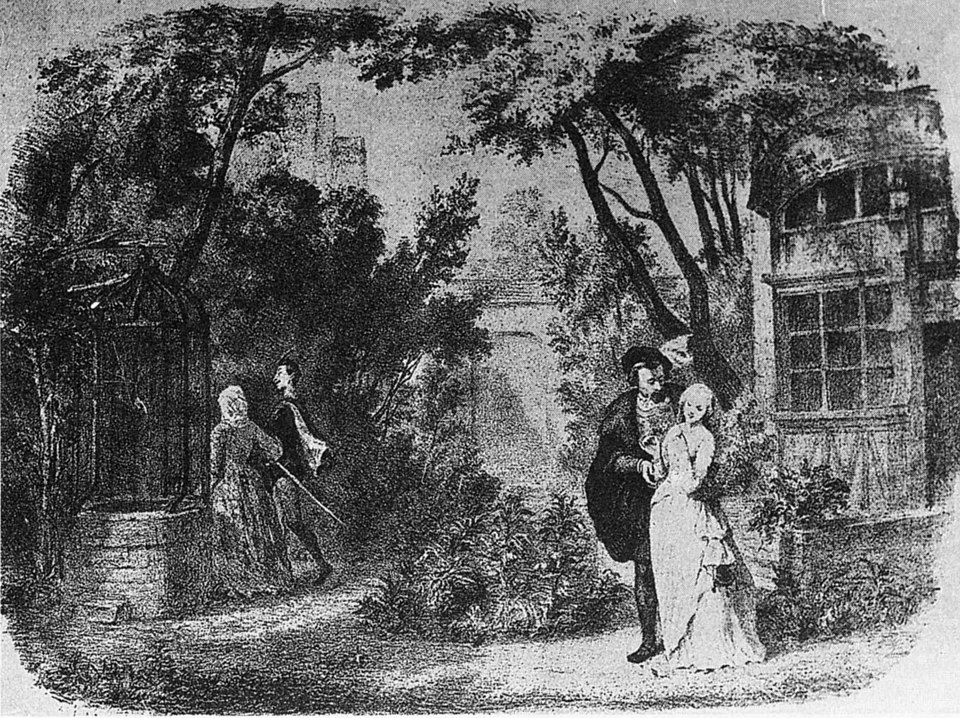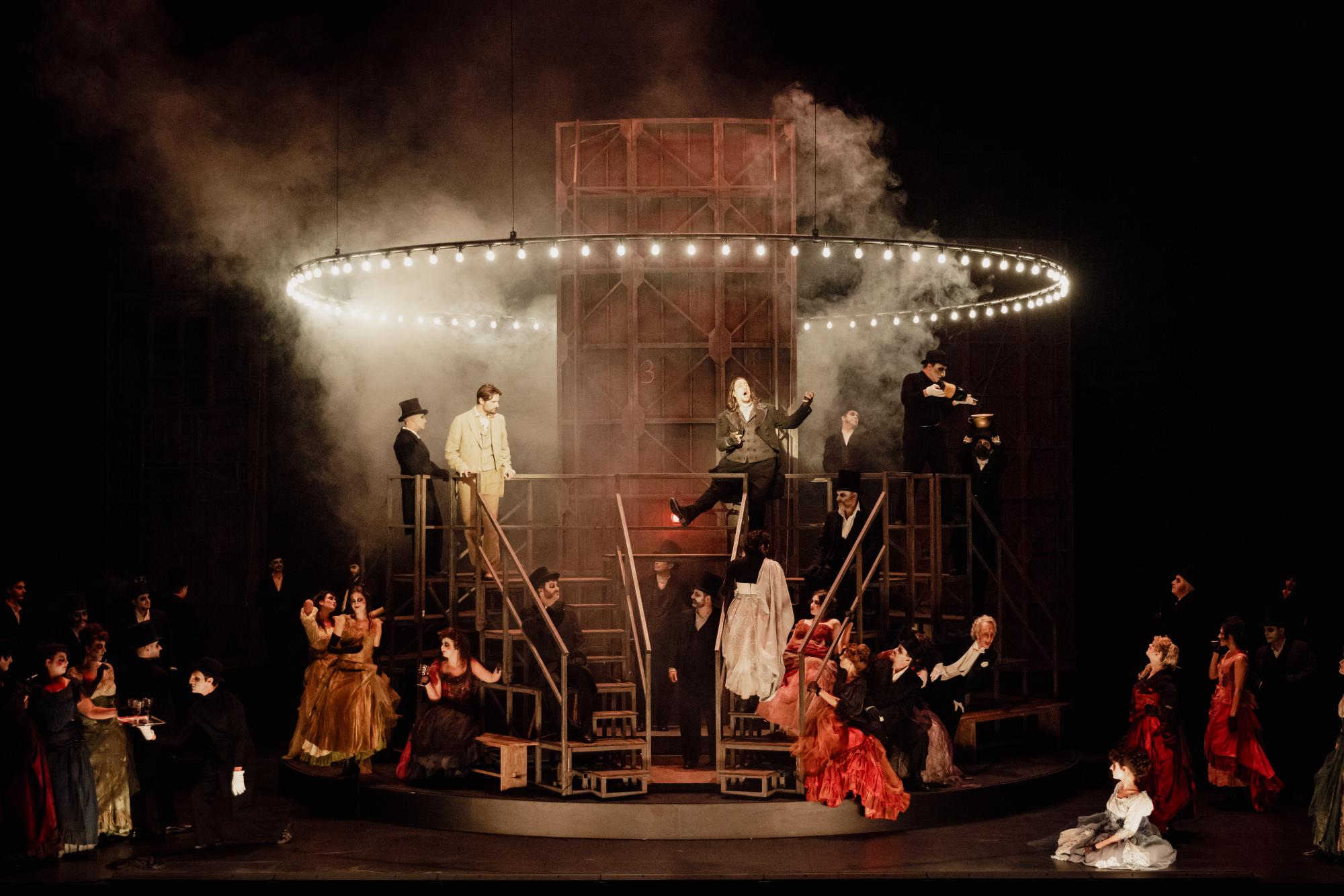 “Faust” by Charles Gounod – a pact with the devil in the name of eternal youth
“Faust” by Charles Gounod – a pact with the devil in the name of eternal youth
“Faust” is a lavish grand opéra in five acts composed by Charles Gounod to a libretto by Jules Barbier and Michel Carré. The plot is loosely inspired by the first part of Johann Wolfgang von Goethe’s drama of the same title. The work tells the story of Faust, an aging scholar who longs to regain his youthful innocence. He signs a pact with the devil, Mephistopheles, in exchange for transformation. As a young man, he seduces the innocent Marguerite, which leads to the tragedy of her brother Valentin. In the finale, Marguerite is saved, while Faust and the devil sink into damnation.
Charles Gounod (1818–1893) studied in Paris and developed his operatic style in Italy. He wrote a total of 12 operas, with “Faust” and “Roméo et Juliette” becoming staples of opera houses worldwide. Gounod also composed church music, songs, and popular short works, including the famous “Ave Maria” (based on Bach’s piece) and “Marche funèbre d’une marionette” (Funeral March of a Marionette), originally written for solo piano in 1872 and orchestrated in 1879. The latter was later used as the theme for the television program Alfred Hitchcock Presents.
In its first version, premiered on March 19. 1859 at the Théâtre Lyrique in Paris, “Faust” included spoken dialogues in addition to singing. The audience received it without much enthusiasm, criticizing its lack of spectacle. Only after the dialogues were replaced with recitatives did “Faust” achieve success, spreading to many European stages. In 1861, the opera appeared in Dresden under the title “Margarethe,” followed by premieres at La Scala in 1862 and in London in 1863. In 1864, Gounod added a new aria for Valentin, “Avant de quitter ces lieux,” which became one of the opera’s most famous passages. In 1869, a ballet was included in the Walpurgis Night scene, solidifying the work’s status as a grand opéra. “Faust” debuted at the Metropolitan Opera in New York in 1883, where it was performed 753 times up to the 2012/2013 season.
A remarkable figure in the performance history of Gounod’s opera was Edward Reszke, the distinguished Polish bass of the late 19th and early 20th centuries. He became renowned for his interpretation of Mephistopheles (more on the Reszke family here), which he sang on the greatest stages of Europe and America, including the Metropolitan Opera in New York, Covent Garden in London, and in Paris.
“Faust” has also been frequently staged in Poland – from the Grand Theatres in Łódź and Poznań to the opera houses in Kraków, Bytom, Wrocław, Bydgoszcz, Gdańsk, and Warsaw. The most recent Polish premiere was staged at the Grand Theatre in Łódź in June 2023. Directed by Ewa Rucińska, it gave the opera a dystopian dimension, framing its themes within the context of contemporary questions about the cost of human desires.
Starting 12 September, OperaVision will stream the latest production of “Faust” from Opéra de Lille. Director Denis Podalydès returns to the original version with spoken dialogues, bringing audiences closer to the work’s first form. The cast includes Julien Dran as Faust, Vannina Santoni as Marguerite, and Jérôme Boutillier as Mephistopheles.
Who? What? Where? When?
“Faust” by Charles Gounod
Online premiere: September 12, 2025 (available until March 12, 2026)
Where: operavision.eu






